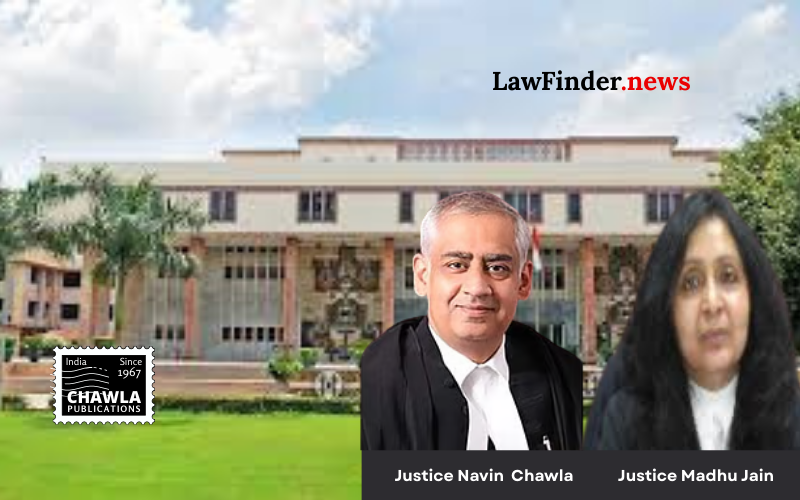Tribunal's Jurisdictional Error Corrected; Sarfaraz’s Testimony Holds Strong in Departmental Inquiry
In a significant development, the Delhi High Court has quashed the Central Administrative Tribunal’s order that had previously set aside disciplinary action against Sanjeev Kumar, an Assistant Superintendent at Tihar Jail. The High Court's Division Bench, comprising Mr. Navin Chawla and Ms. Madhu Jain, found that the Tribunal had overstepped its jurisdiction by reappreciating evidence, which is not permissible in judicial reviews of departmental proceedings.
The case revolved around complaints from undertrial prisoners alleging ill-treatment and extortion by Sanjeev Kumar during his tenure at Tihar Jail in 2003. Despite the Tribunal's earlier decision to dismiss the disciplinary proceedings, the High Court reinstated the penalty, emphasizing that judicial review is limited to examining procedural irregularities and not reassessing evidence.
The High Court underscored the sufficiency of evidence presented during the inquiry, particularly the testimony of UTP Sarfaraz, who unequivocally identified Kumar as responsible for his beatings and extortion demands. The Bench noted that Sarfaraz’s testimony, corroborated by the report from Shri S.K. Matta, Deputy Superintendent, provided a substantial basis for the disciplinary action, meeting the standard of preponderance of probabilities required in such proceedings.
The Tribunal had previously ruled in favor of Kumar, questioning the credibility of the complaints and reports from Jail Authorities. However, the High Court clarified that the Tribunal erred by substituting its conclusions for those reached by the Disciplinary Authority, which had conducted its inquiry according to established procedures.
Relying on precedents, including the Supreme Court's ruling in Union of India v. P. Gunasekaran, the High Court reaffirmed that the scope of judicial review does not extend to reevaluating evidence but is confined to procedural correctness and fairness.
The High Court's decision to restore the penalty imposed by the Disciplinary Authority, upheld by the Appellate Authority, marks a reaffirmation of the boundaries within which judicial review operates in departmental proceedings. This judgment serves as a reminder that courts must respect the findings of disciplinary authorities unless there is evidence of procedural lapses or manifest error.
The case highlights the delicate balance courts must maintain in reviewing administrative actions, ensuring they do not transform into appellate bodies reassessing evidence, thus respecting the domain of disciplinary authorities.
Bottom Line:
Judicial review in departmental proceedings is limited to procedural irregularity, gross illegality, or manifest perversity in the decision-making process. Courts do not act as appellate authorities to reassess evidence or substitute their conclusions for those of disciplinary authorities.
Statutory provision(s): Rule 14 of CCS (CCA) Rules, 1965, Articles 226 and 227 of the Constitution of India
Director General v. Sanjeev Kumar, (Delhi)(DB) : Law Finder Doc Id # 2785185




